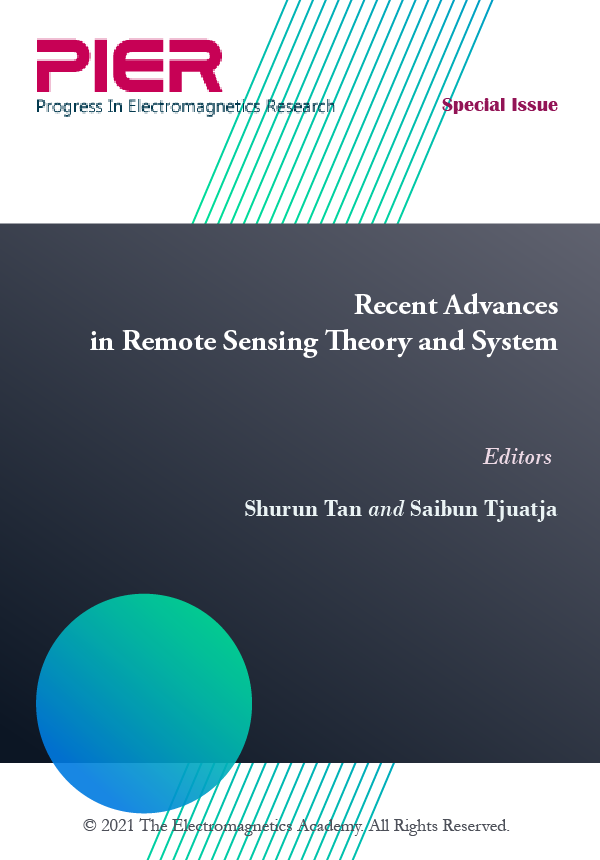CLASSICAL AND QUANTUM ELECTROMAGNETIC INTERFERENCES: WHAT IS THE DIFFERENCE?
IF 9.3
1区 计算机科学
Q1 Physics and Astronomy
引用次数: 5
Abstract
The zeroing of second order correlation functions between output fields after interferences in a 50/50 beam splitter has been accepted decades-long in the quantum optics community as an indicator of the quantum nature of lights. But, a recent work [1] presented some notable discussions and experiments that classical electromagnetic fields can still exhibit the zero correlation under specific conditions. Here, we examine analytically classical and quantum electromagnetic field interferences in a 50/50 beam splitter in the context of the second order correlation function for various input conditions. Adopting the Heisenberg picture in quantum electromagnetics, we examine components of four-term interference terms in the numerator of second order correlation functions and elucidate their physical significance. As such, we reveal the fundamental difference between the classical and quantum interference as illustrated by the Hong-Ou-Mandel (HOM) effect. The quantum HOM effect is strongly associated with: (1) the commutator relation that does not have a classical analogue; (2) the property of Fock states needed to stipulate the one-photon quantum state of the system; and (3) a destructive wave interference effect. Here, (1) and (2) imply the indivisibility of a photon. On the contrary, the classical HOM effect requires the presence of two destructive wave interferences without the need to stipulate a quantum state.经典电磁干扰和量子电磁干扰:有什么区别?
在50/50分束器中,干涉后输出场之间的二阶相关函数归零已经被量子光学界接受了几十年,作为光的量子性质的一个指标。但是,最近的一项工作[1]提出了一些值得注意的讨论和实验,表明经典电磁场在特定条件下仍然可以表现为零相关。在这里,我们分析了50/50分束器在不同输入条件下的二阶相关函数中的经典和量子电磁场干扰。采用量子电磁学中的海森堡图,研究了二阶相关函数分子中四项干涉项的分量,并阐明了它们的物理意义。因此,我们揭示了经典干涉和量子干涉的根本区别,如Hong-Ou-Mandel (HOM)效应所示。量子HOM效应与以下因素密切相关:(1)没有经典类比的换向子关系;(2) Fock态的性质规定了系统的单光子量子态;(3)破坏性波干涉效应。这里,(1)和(2)暗示光子的不可分性。相反,经典的HOM效应需要两个破坏性波干涉的存在,而不需要规定量子态。
本文章由计算机程序翻译,如有差异,请以英文原文为准。
求助全文
约1分钟内获得全文
求助全文
来源期刊
CiteScore
7.20
自引率
3.00%
发文量
0
审稿时长
1.3 months
期刊介绍:
Progress In Electromagnetics Research (PIER) publishes peer-reviewed original and comprehensive articles on all aspects of electromagnetic theory and applications. This is an open access, on-line journal PIER (E-ISSN 1559-8985). It has been first published as a monograph series on Electromagnetic Waves (ISSN 1070-4698) in 1989. It is freely available to all readers via the Internet.

 求助内容:
求助内容: 应助结果提醒方式:
应助结果提醒方式:


